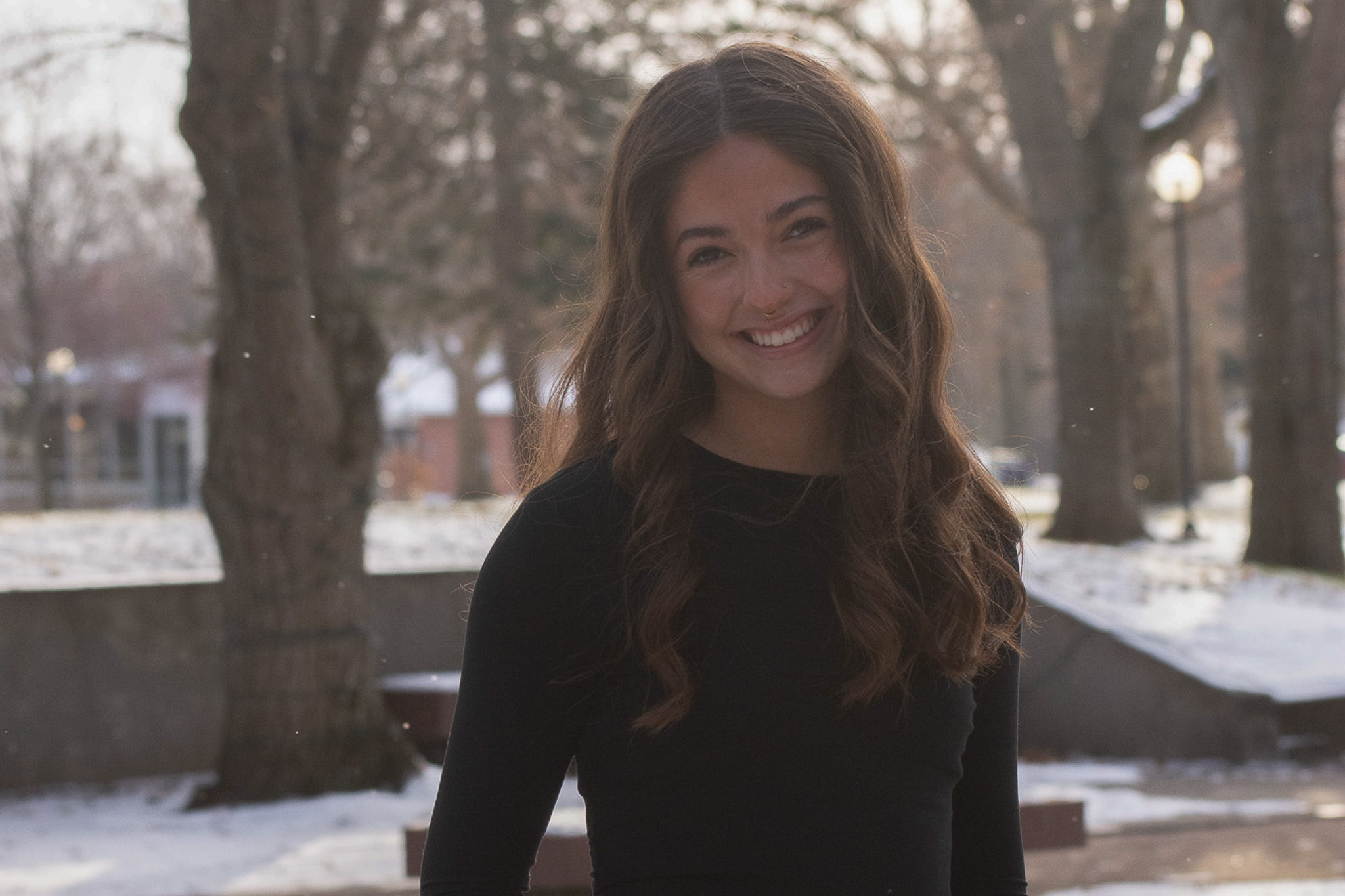The human body is composed of 11 different organ systems: circulatory, digestive, endocrine, integumentary, lymphatic, muscular, nervous, urinary, reproductive, respiratory and skeletal. In a body without illness, these organ systems collectively work together to regulate and maintain a state of cohesive functionality. Our bodies serve as vessels, performing all of the tasks that allow us to tend to our needs and aspirations.
I exist within a statistic of about 50% of Americans who, according to the American Hospital Association, live with bodies that reject their biologically predisposed duty to survive and reproduce.Contrary to Charles Darwin’s theory that organisms best adjusted to their environment are the most successful in surviving and reproducing, I believe my existence is proof enough of a different theory: survival of the unfittest. As far as Darwin is concerned, I may be an evolutionary absurdity — though I think my family and friends would simply refer to me as stubborn.
Simply put, for every organ system, I have a medical condition that rejects its biological inclination, and for every star in the sky, I have twice as many allergies. My search for answers is never-ending, just like the pile of homework on my desk.
As a person with lifelong chronic illness, it is not uncommon for me to feel anxious and occasionally isolated. Yet, it is the anxiety I experience which allows me to connect most with the people around me, and my peers in particular.
According to the National Alliance on Mental Illness, nearly 20% of Americans live with an anxiety disorder, with about 35% of students reporting an official anxiety diagnosis. After all, these are the students who experienced a pivotal part of their developmental years behind computer screens, helplessly unsure of whether a mystery illness would touch the lives of their loved ones. Anxiety, depression and fear are ingrained in the minds and bodies of this generation.
This raises the question: At what point is Goshen College going to accommodate students because it is the right thing to do, and not because it is required by federal law?
For many students, myself included, the fight-or-flight response induced by the pandemic is ever-present, wreaking havoc on our health and futures. Though our logical minds may know that the threat is no longer at large, our bodies remain in a state of total dysregulation.
This pattern is widely visible in the behavior and academic performance of current college students, not unlike the behavior displayed by those experiencing post-traumatic stress disorder. If this institution, of which many of its students rely on for housing, education and support, is to properly meet the needs of its students, it is imperative that we reconsider the efforts being made to support and accommodate students.
I implore Goshen College to consider the following:
First, how can we call ourselves an inclusive and accommodating institution if the door required for students to enter through is not wide enough to accommodate their wheelchair? It is time we prioritize complete inclusivity, with accessible buildings being the bare minimum. Until then, this institution is not truly welcoming to individuals with any number of disabilities.
Second, how have we adapted our accommodations to suit the needs of this new generation of surviving students who lived through the pandemic? Those in need of accommodations did not choose their illness, disability or trauma — the most sensible course of action anyone could take is to allow these students to dictate their own needs, before someone sits in front of them and tells them that they do not have the same right to autonomy or privilege as others.
Third, how long are we going to allow a pretense of extra exam time to define adequate accommodation for students with learning impairments and disabilities? I urge GC to reconsider their testing and teaching methods instead of continuing to implement curricula into our classrooms that require students to remove themselves for proper inclusivity. Changes as simple as including more visuals within lectures and allowing more time for questions have the potential to make a difference.
And finally, what measures are we taking to prevent uncharted illness in our next generation of nurses, teachers, scientists and parents? For many students, seeking accommodations is the first time they have ever actively asked for help or felt safe to do so. Their inquiries for assistance should be met with gentle curiosity, rather than inquisitorial obligation.
In sum, I would like to return to my remark on Darwinism, and survival of the unfittest.
It is with utter certainty that those historically deemed most unfit, whether it be due to an illness of their body or mind, have an extraordinary amount of willpower and determination to not only survive, but to live.
I have been lucky enough to live with a body that defies any sort of functionality, as it has allowed me to experience life through the eyes of someone who cannot afford to take the simplest of tasks for granted. An education is an immense privilege, and I hope that we may remember the vision expressed on GC’s website: “to acknowledge our history and break through our silence, our shame and our fear about racism, sexism, ableism, classism and other forms of discrimination and bias. This call for transformation will always be our ongoing work in progress, and we commit to continually improve our trustworthiness and accountability.”




